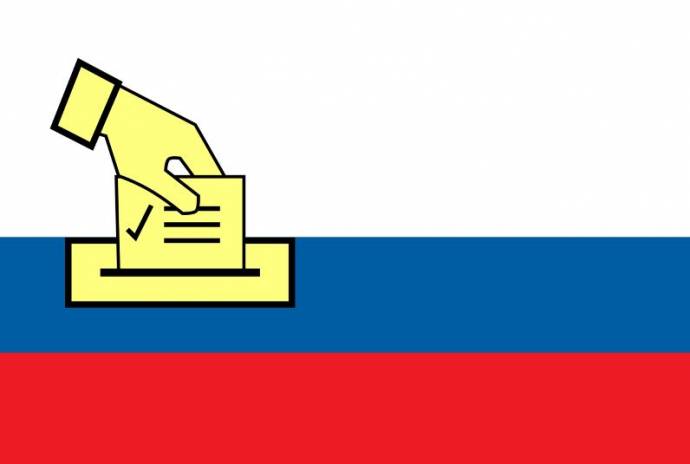All our election coverage can be found here, while our profiles of the major parties are here.
The SDS leads with 25.05%, which would give the current opposition party 25 MPs in the 90-member National Assembly.
LMŠ, the party of Kamnik Mayor Marjan Šarec who became the surprising runner-up in last year's presidential election, has 12.65% of the vote or 13 MPs.
Following the LMŠ are the SocDems with 9.98% (10 MPs), the currently ruling Modern Centre Party (SMC) with 9.65% (9 MPs), the Left with 9.16% (9 MPs), and New Slovenia (NSi) with 7.11% (7 MPs).
The Alenka Bratušek Party (SAB) has 5.12% (5 MPs), the Pensioners' Party (DeSUS) are surprisingly low with 4.93% (5 MPs), while the National Party (SNS) seems to be returning to parliament with 4.23% (4 MPs). Two more seats are secured for MPs representing the Italian and Hungarian minorities.
While the SDS is the clear winner of the election, the categorical refusal of practically all parties bar the NSi and SNS to work with its leader Janez Janša, makes for several complicated scenarios.
In theory, the six centrist of left-leaning parties that have made it to parliament could have an easier time forming a government, which could conceivably be led by Šarec.
The runner up repeated in his first reaction that a coalition with Janša is not an option. Wishing Janša "good luck with forming a coalition", Šarec said he expects the LMŠ will be the one putting together the coalition if everyone sticks to the statements made before the election.
The scenario of an SDS-led government would very likely see coalition with the NSi and possibly even the far-right SNS. Janša would however definitely need to win over another party with at least 9 or 10 MPs.
Janša, who has been pursuing a nativist agenda of the type advocated by Viktor Orban in Hungary and Donald Trump in the US, said in his first response that party is open to cooperation with all parties who have made it to parliament.
"The SDS is open for cooperation," said Janša, calling on all parliamentary parties to visit them and bring their election platforms along so that they could talk concrete cooperation. "We are ready to seriously talk on the basis of the platforms."
A centrists or left-leaning coalition on the other hand would require at least five parties and it could not do without the Left, Slovenia's version of Greece's Syriza.
The Left's Luka Mesec announced the party was ready for coalition talks "with centrist parties, however about a left government". He announced tough negotiations.
Such a coalition could on the other hand do either without DeSUS or SAB, but it would need one of them. Notably, DeSUS leader and Foreign Minister Karl Erjavec has not made it to parliament.






